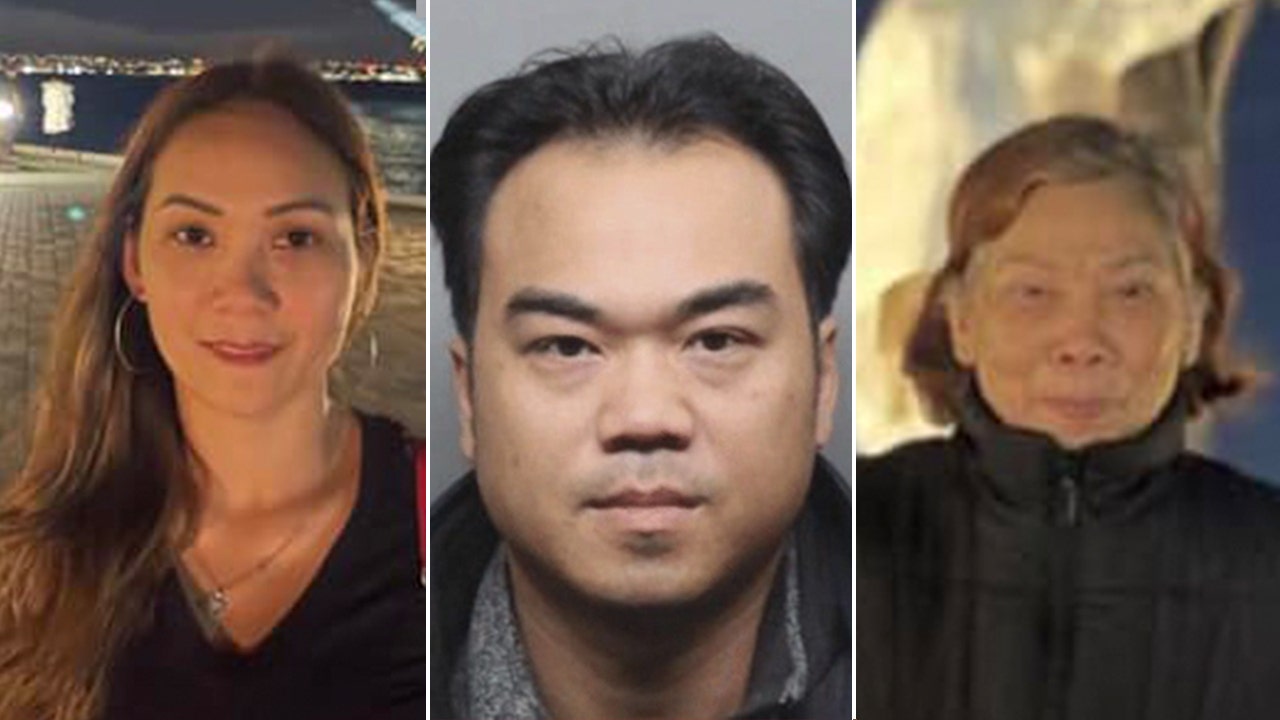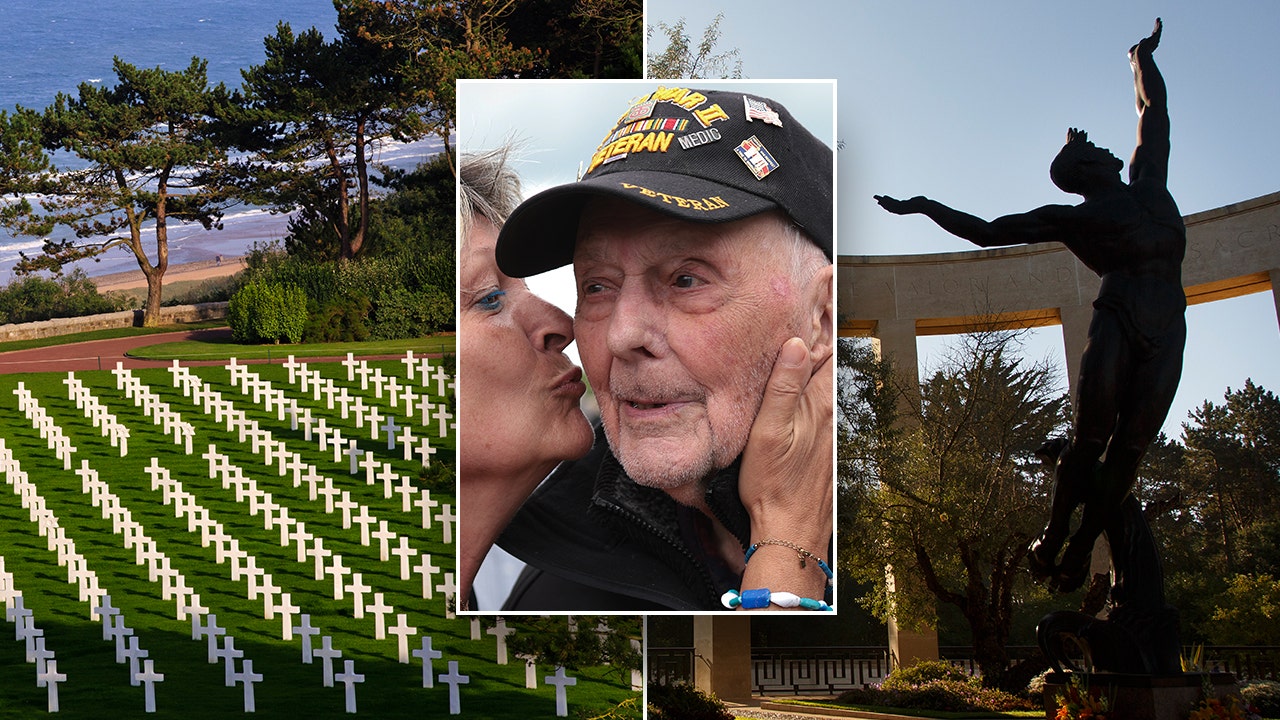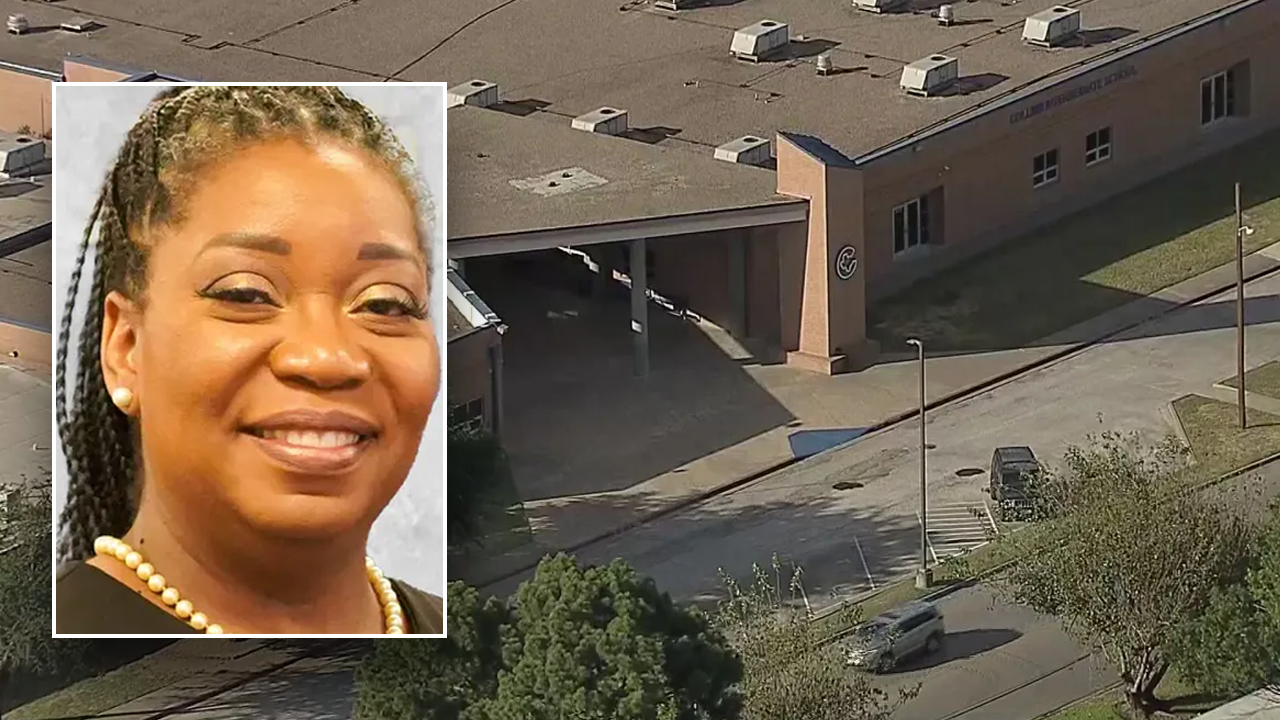For many people, nothing says July 4 like fireworks.
Who hasn’t savored a summer evening in a friend’s backyard, or in a park sprawled on a blanket, watching colorful displays light up the sky?
But this beloved Independence Day tradition can also pose a big danger in wildfire-prone California, especially when the weather is as hot and dry as it is this week. Two brush fires that officials say may have been caused by illegal fireworks have already erupted in the East Bay in the past few days.
Fireworks sparked 916 wildfires in the state in 2021, the most recent year for which full data is available, and those fires caused more than $3.2 million in property damage, according to CalFire. The year before that, in the state’s worst fire season on record, fireworks caused more than 2,000 fires and $8 million in property damage, along with injuries to 11 people and one death.
It is not just a California phenomenon. A study published last year in the journal PLoS One found that more than 11,000 wildfires nationwide were caused by fireworks between 1980 and 2016 — and that two-thirds of those blazes occurred in the two-week period around July 4.
In fact, more fires began on July 4 than on any other day of the year, it found.
That’s largely because of fireworks, but not the big professional displays staged legally across the country, Daniel Swain, a climate scientist with U.C.L.A., said in an online briefing Monday. The fireworks that start fires are primarily set off by people using fireworks, often in places where they are illegal to possess or use, he said.
In California, fireworks are banned in several major cities, including Los Angeles, San Francisco, San Diego and San Jose. That means you can’t buy or light any kind of personal fireworks in any of those places, at any time of year.
Roughly 300 communities in the state, however, do allow certain kinds of fireworks. If your community is on that list, fireworks that explode, fly into the air or move uncontrollably are still off limits. Only a few kinds of fireworks are legal in those places — typically fountains, sparklers and pinwheels — and only if they have a California state fire marshal “safe and sane” seal on them certifying that they’ve been tested by the state.
For the most part, fires caused by July 4 fireworks in California have not become especially destructive, because the very windy and dry conditions that drive the worst fires usually don’t arrive until later in the summer or the early fall, Swain said.
But this year, Independence Day coincides with a prolonged heat wave, and the National Weather Service is warning of dangerous fire conditions in areas up and down the state, including Bay Area mountain ranges and the Sacramento Valley. So fires caused by fireworks may not be as easy to contain this year, Swain said.
“Buckle up, I guess,” he said. “I think California’s fire season is likely to escalate considerably over the next five to seven days.”
And before you go, some good news
Food Share, a nonprofit, fed more than 260,000 people in Ventura County last year, ABC 7 Los Angeles reports.
It began to distribute food during pandemic shutdowns, when many in the region were in need of support. Even after those shutdowns have ended, the costs of living in California remain high and nutritious food remains expensive.
Food Share and its 3,800 volunteers haven’t stopped their efforts to give bags of food to anyone who might need support: About 1,000 cars line up once a week at a food pantry in Oxnard for the healthy produce and groceries that Food Share provides, rain or shine.
Thanks for reading. We’ll be off the rest of the week, and back in your inbox on Monday. Happy Independence Day! — Soumya
P.S. Here’s today’s Mini Crossword.
Halina Bennet, Luke Caramanico and Mathew Brownstein contributed to California Today. You can reach the team at CAtoday@nytimes.com.
Sign up here to get this newsletter in your inbox.






